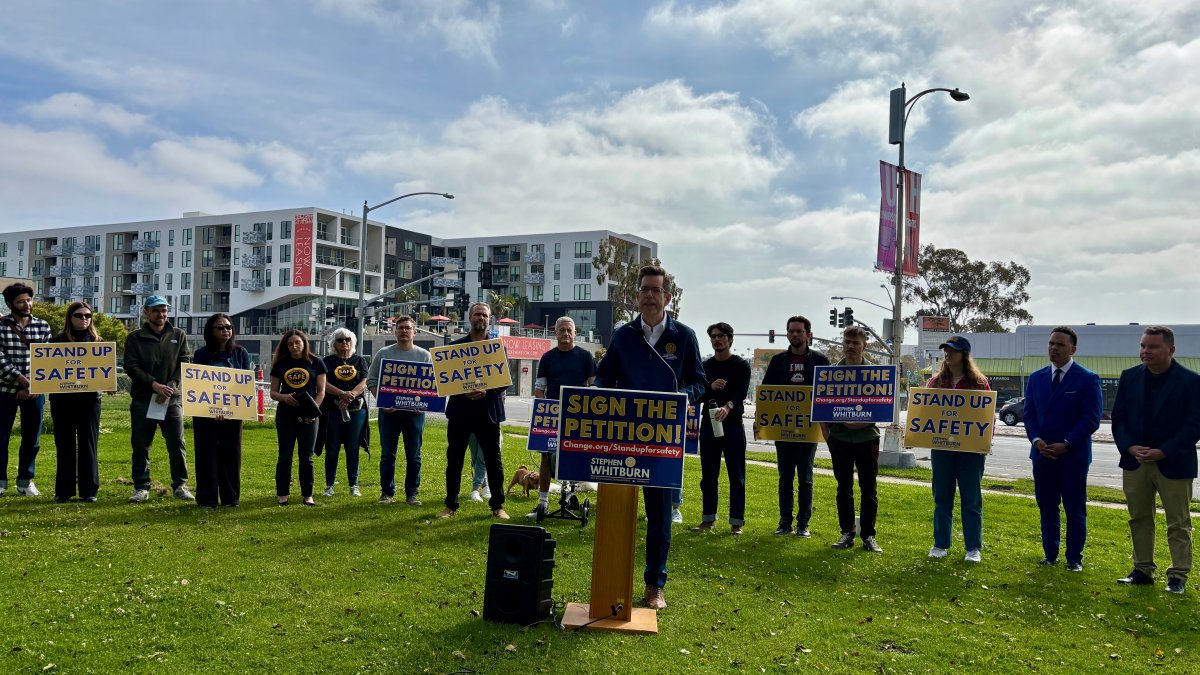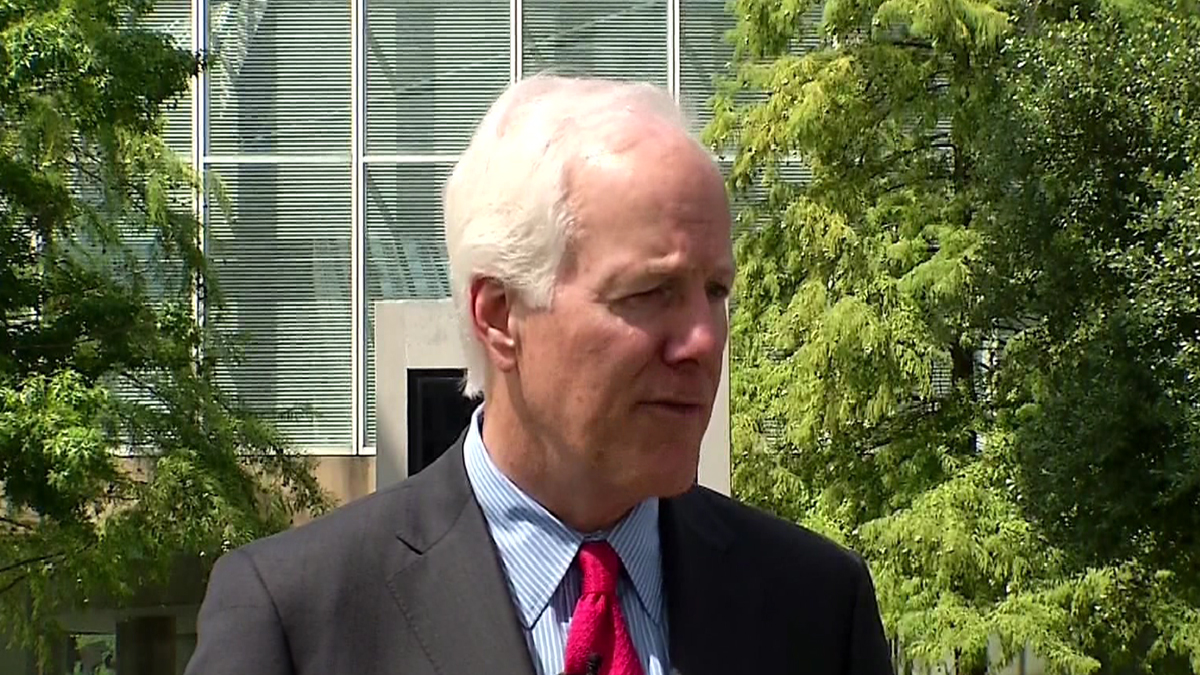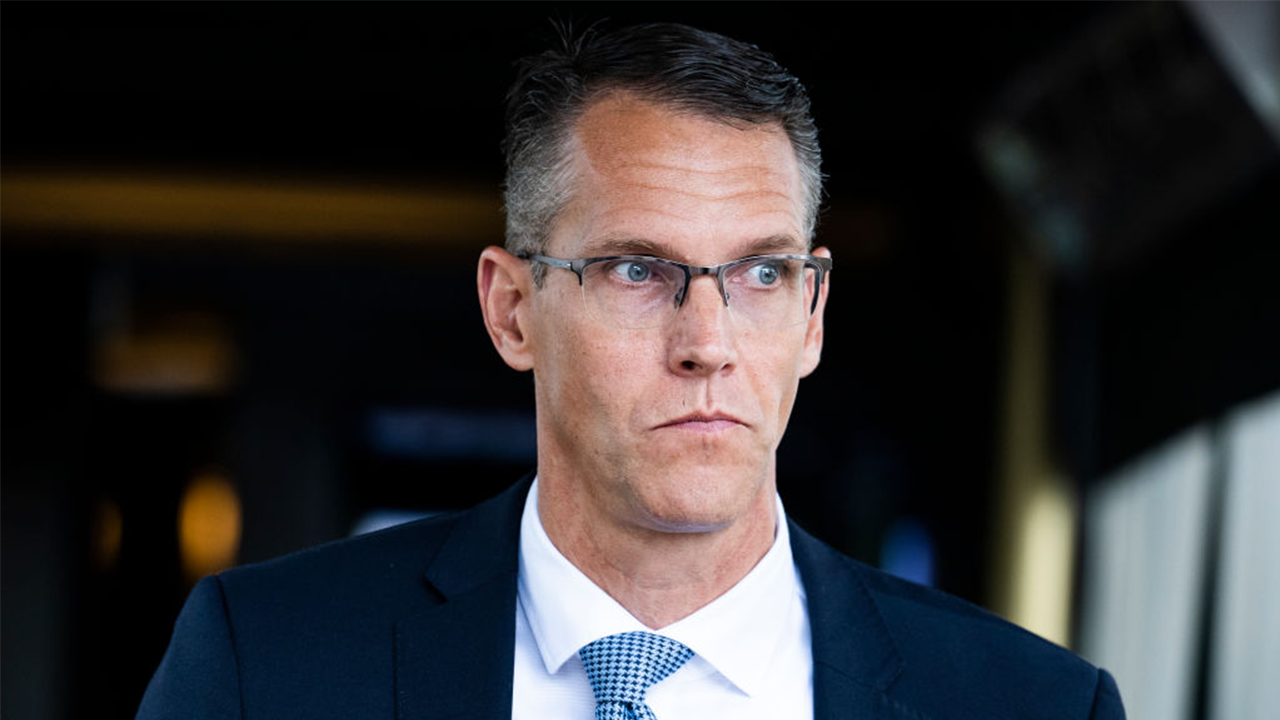Nebraska
Nebraska PSC holds first hearing on 911 outages
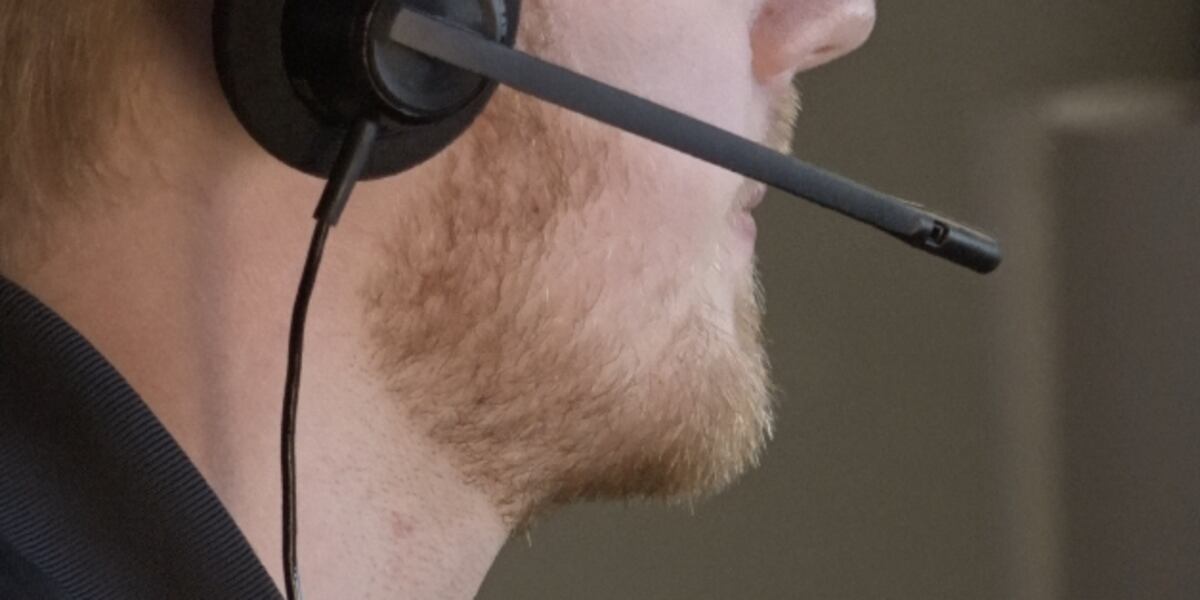
LINCOLN, Neb. (WOWT) – During a hearing Thursday, Windstream’s operations president told the Nebraska Public Service Commission a third-party contractor accidentally cut the water line while installing a new natural gas line during the week of Aug. 28.
“As a result of this line cut, water leaked into Windstream’s transformer room located in the office basement,” Brad Hedrick said. “This caused a fire and small explosion, which resulted in a short to the ground wire on the main AC busbar, ultimately leading to the loss of commercial power.”
Hedrick said by Sept. 2, the backup generator the site switched over to failed, leading them to rely on backup batteries. After six hours, the batteries got critically low.
“Windstream’s operations and engineering team made the difficult decision to shut down one of the switches in an attempt to preserve power for the other two switches,” he said. “By also proactively shutting down a switch, Windstream was able to avoid an equipment crash, which would have resulted in nearly catastrophic failures for the switch and greatly extended the outage duration.”
That led to a shutdown of service in southeast Nebraska for around four-and-a-half hours. People weren’t able to make 911 calls during that time.
Hedrick told the Public Service Commission that Windstream has taken steps to address the issues that occurred.
“Windstream’s facilities management vendor, at Windstream’s direction, has since established a contract with NMC Cat located here in Lincoln. Should a backup megawatt generator be required in the future, we now have one just down the road.”
However, state 911 director David Sankey said services in the southeast part of the state were also experiencing disruptions in late November, causing 911 calls to fail for around an hour.
“Windstream has determined that the failure was the result of a manufacturer bug that prevented the meta switch from recovering automatically,” Hedrick said.
Windstream said it has since restored the alarms on devices to ensure timely reports for future outages, and that it’s updating the network route so traffic would follow an alternate path if something like this happens again.
Several 911 centers also experienced outages in September that the Public Service Commission said had to do with service interruptions with telecommunications provider Lumen. There will be a separate hearing on that Jan. 4.
Copyright 2023 WOWT. All rights reserved.

Nebraska
Monday Night Therapy: The Husker Way – Nebraska Football Strength and Conditioning

In this episode of the Corn Nation’s Monday Night Therapy podcast, host Minnie Hunt interviews Bob Davis, a former strength and conditioning coach with Nebraska during the 1980s under Boyd Epley, the legendary pioneer of Husker Power.
Davis shares insights into the foundational role Nebraska’s strength and nutrition programs played in the Cornhuskers’ dominance, emphasizing how walk-ons and farm kids pushed blue-chip recruits by outworking them. He discusses innovations like performance testing, customized nutrition cards, and year-round training, including offseason programs that prepared players physically and mentally.
Davis also reflects on the evolution of training—comparing old-school techniques to today’s tech-enhanced systems—and emphasizes fundamentals, balance, proper mechanics, and injury prevention. He highlights the importance of developing athletes’ understanding of movement, hydration, and nutrition. Creatine use, the relevance of bench press, and high-tech versus practical basics are all explored.
Davis underscores that most injuries result from fatigue and poor mechanics, not contact. He calls for transparency in athletic performance reporting to inspire fans and hold players accountable.
Now running “Strength of America” and “Body by Bob’s,” he continues to educate athletes of all ages on how to train smart, eat right, and stay healthy for life.
The episode closes with calls for community engagement and the hope of returning Nebraska to its physical dominance.
Nebraska
TE transfer Ian Flynt looking for fresh start at NC State
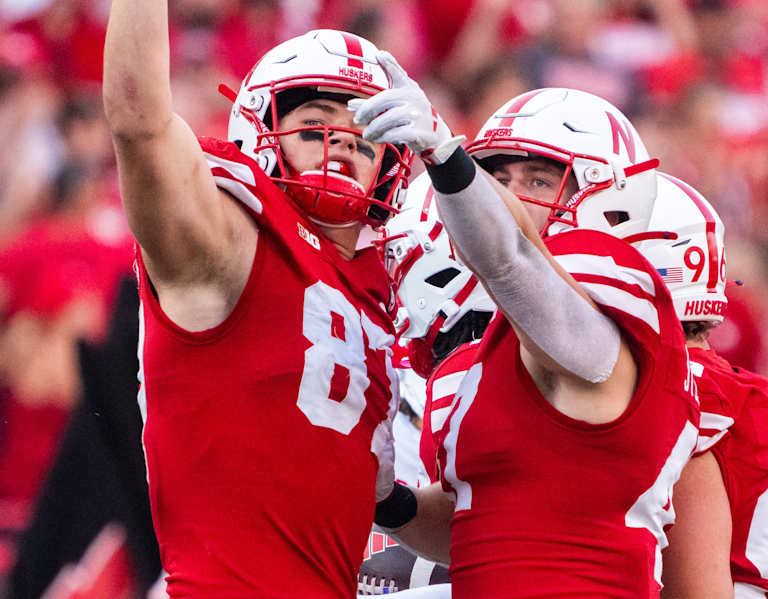
Sometimes a player needs a fresh start.
Nebraska freshman Ian Flynt had a vision of how his Cornhuskers career would go a year ago, but he wanted a new beginning after being a legacy recruit.
Flynt’s father, Darren Flynt, competed on the Nebraska track team, as did his mother, Dagmar Pesakova, doing the shot put and discus. Pesakova was good enough to through for Czechoslovakia on the International stage. They finished up at Azusa Pacific. His older sister Amelia Flynt started her track and field career at California, and transferred to Nebraska in 2023.
Nebraska
Nebraska dad fatally stabs wife, 2 kids and himself in apparent murder-suicide hours before son’s high school graduation

A Nebraska father stabbed his entire family to death and then turned the knife on himself the same day as his oldest son’s high school graduation, authorities said – and just three days after he was released from a mental health hospital.
Jeremy Koch, 42, killed his 41-year-old wife, Bailey, and sons Hudson, 18, and Asher, 16, in a sickening stabbing spree Saturday before taking his own life in a rural part of Dawson County, according to the Nebraska State Patrol.
The gruesome scene of the apparent murder-suicide was discovered by Bailey’s parents around 9:45 a.m. All four family members suffered from fatal knife wounds, police said.
“I found our two grandsons, Hudson 18, and Asher 16, and our daughter Bailey, and our son-in-law Jeremy, dead laying in their beds,” Lane and Peggy Kugler, the father and mother of Bailey and grandparents of the two boys, said in a Facebook post, according to News Channel Nebraska.
“What I saw will haunt me the rest of my life.”
The tragedy comes amid Jeremy’s longtime struggle with depression and suicidal thoughts, which was chronicled by Bailey, a teacher, on a dedicated Facebook page.
She wrote on the “Anchoring Hope for Mental Health” page Wednesday that Jeremy had wrapped up a five-day stint receiving mental health care at a hospital with a photo of the couple smiling in a car.
“What a difference five days, some hydration and nutrition, med adjustments, therapies, and a safety plan can make!!!” Bailey Koch eerily wrote.
“Thank you for praying and for your unwavering support as I take Hottie Hubby HOME in time for our son’s high school graduation! We still need lots of prayers as we try and carry on with life and find our new ‘normal.’”
Still, in the days leading up to the suspected murder-suicide, the father of two continued to struggle, according to his wife’s recent social media posts.
Hudson was set to receive his diploma at Cozad High School’s graduation — which went on without the teen Saturday afternoon, just hours after the horrific slaughter.

“Cozad Schools was made aware of a tragic situation that will deeply affect our Cozad community,” the school district wrote. “Our thoughts are with all those impacted during this incredibly difficult time.”
Bailey Koch was remembered as a “passionate educator, caring colleague and bright presence in the school community,” by Holdrege Public Schools, where she worked, according to NTV.
Jeremy and Bailey were high school sweethearts and together for at least 25 years, according to the Facebook page.
In a since-deleted GoFundMe page, Bailey said her husband this month had survived numerous suicide attempts that included a car crash that nearly killed him.
“When he awoke,” she wrote, according to News Channel Nebraska, “he was destroyed his attempt hadn’t worked.”
If you are struggling with suicidal thoughts, you can dial the 24/7 National Suicide Prevention hotline at 988 or go to SuicidePreventionLifeline.org.
-

 Austin, TX3 days ago
Austin, TX3 days agoBest Austin Salads – 15 Food Places For Good Greens!
-

 News1 week ago
News1 week agoFamily statement: Rodney Hinton Jr. walked out of body camera footage meeting with CPD prior to officer death
-

 Politics1 week ago
Politics1 week agoTrump posts AI image of himself as Pope amid Vatican's search for new pontiff
-

 Education1 week ago
Education1 week agoIn Alabama Commencement Speech, Trump Mixes In the Political
-

 Technology7 days ago
Technology7 days agoBe careful what you read about an Elden Ring movie
-

 Culture1 week ago
Culture1 week agoPulitzer Prizes 2025: A Guide to the Winning Books and Finalists
-

 News1 week ago
News1 week agoFather Whose Son Was Shot by Cincinnati Police Hits Deputy With Car, Killing Him
-
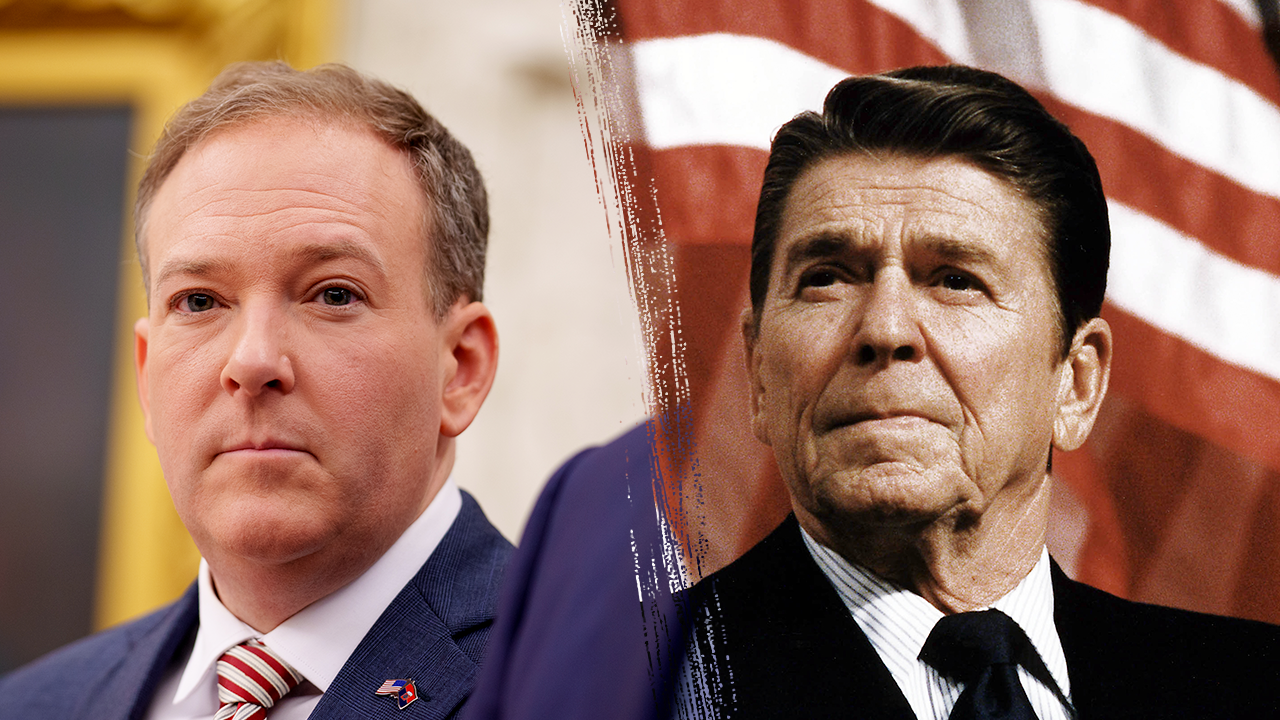
 Politics1 week ago
Politics1 week agoEPA chief Zeldin announces overhauls to bring agency back to Reagan-level staffing


